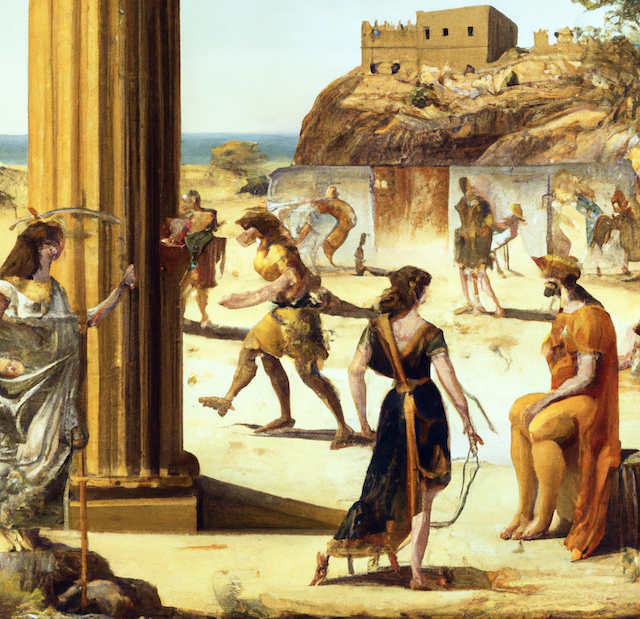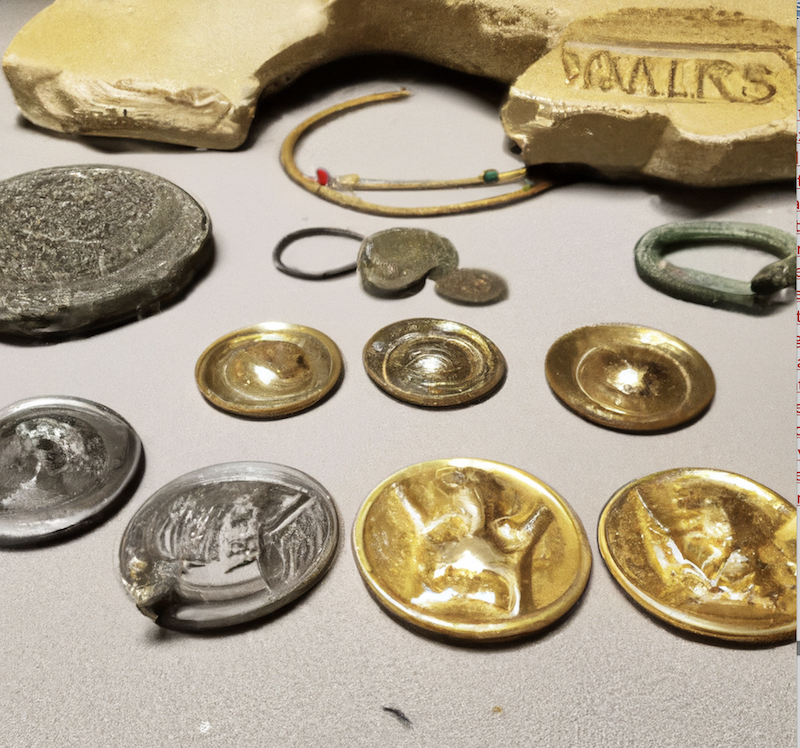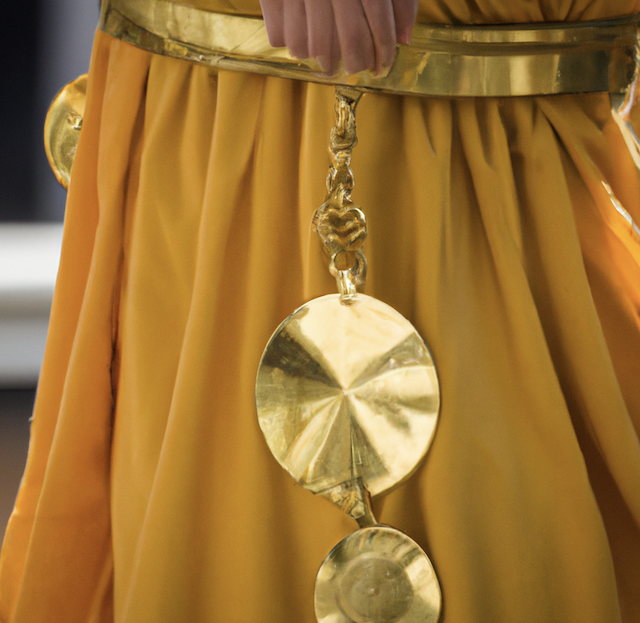
Gold has been a treasured possession and symbol of wealth since ancient times. The history of gold is intertwined with the rich cultural heritage of Greece, from its use in religious ceremonies to its role as a medium for trade. For centuries, it has played an important part in Greek society, both economically and culturally. This article will delve into the fascinating history of gold in Greece and explore how it shaped the development of this ancient civilization.
From early Minoan civilizations up until modern day, gold has held an esteemed place within Ancient Greek culture. Gold was believed by many to have special properties that made it not just valuable but also powerful. It was used throughout Greek mythology to create items such as magical weapons or even entire armies. In addition to these spiritual purposes, gold also featured prominently in everyday life across the region; coins were minted using metals including gold which allowed for widespread commercial exchange and trading networks between cities.
The impact that gold had on Ancient Greece can still be felt today – whether through archaeological evidence or iconic works of art like statues depicting gods and goddesses adorned with golden jewelry.

Sources Of Gold In Ancient Greece
The ancient Greeks had several sources of gold, making it a precious commodity for them. Gold was mined from the ground and also found in rivers. It could be acquired through trade with other countries or gifted by gods to mortals. In addition, some families kept their stores of gold passed down as heirlooms.
Gold was used in many ways throughout Greek history, including jewelry, coins and even weapons. Its value was determined by its weight and purity which were measured using scales called balances. The use of gold greatly influenced Greek art, architecture and society over time as they became advanced in monetary wealth due to their access to an abundance of resources.
It is clear that gold played a significant role in Ancient Greece’s development and prosperity – an influence that continues today.

The Role Of Gold In Greek Culture
Gold had a significant part to play in the culture of ancient Greece. It was used as currency, jewelry, and even decorations for temples and sculptures. Gold was seen to be closely intertwined with wealth and power, so it is not surprising that gold played such an important role in many aspects of Greek life.
The wealthy would flaunt their status through wearing luxurious items made from gold; coins were also stamped with images and symbols that depicted gods or powerful people. In addition to being a symbol of financial success, gold was also believed to have spiritual powers. Many Greeks thought that worshiping and offering gifts of gold could bring them good luck or favor from the gods. Consequently, religious ceremonies often involved giving offerings made out of precious metals like gold.
Overall, gold represented both material wealth and spiritual power in Ancient Greece, providing those who owned it with social standing and recognition throughout society.

Gold Refining During The Greek Empire
Gold has long been a significant element in the culture of Ancient Greece, and refining was an important part of that. Greek goldsmiths refined their gold through several processes, beginning with melting it down to separate out impurities. This process also gave them the ability to create thinner objects like coins which were more convenient for trading purposes.
The most common way Greeks refined their gold during the empire was by cupellation, or heating it up until alloys melted away from pure gold. Cupellation required careful attention as too much heat could cause destruction of both metal and furnace lining. Once they achieved the desired purity level, they’d put it into molds to form jewelry and other items. The refinement of precious metals became so advanced during this period that some artisans were capable of producing items indistinguishable from those made today!